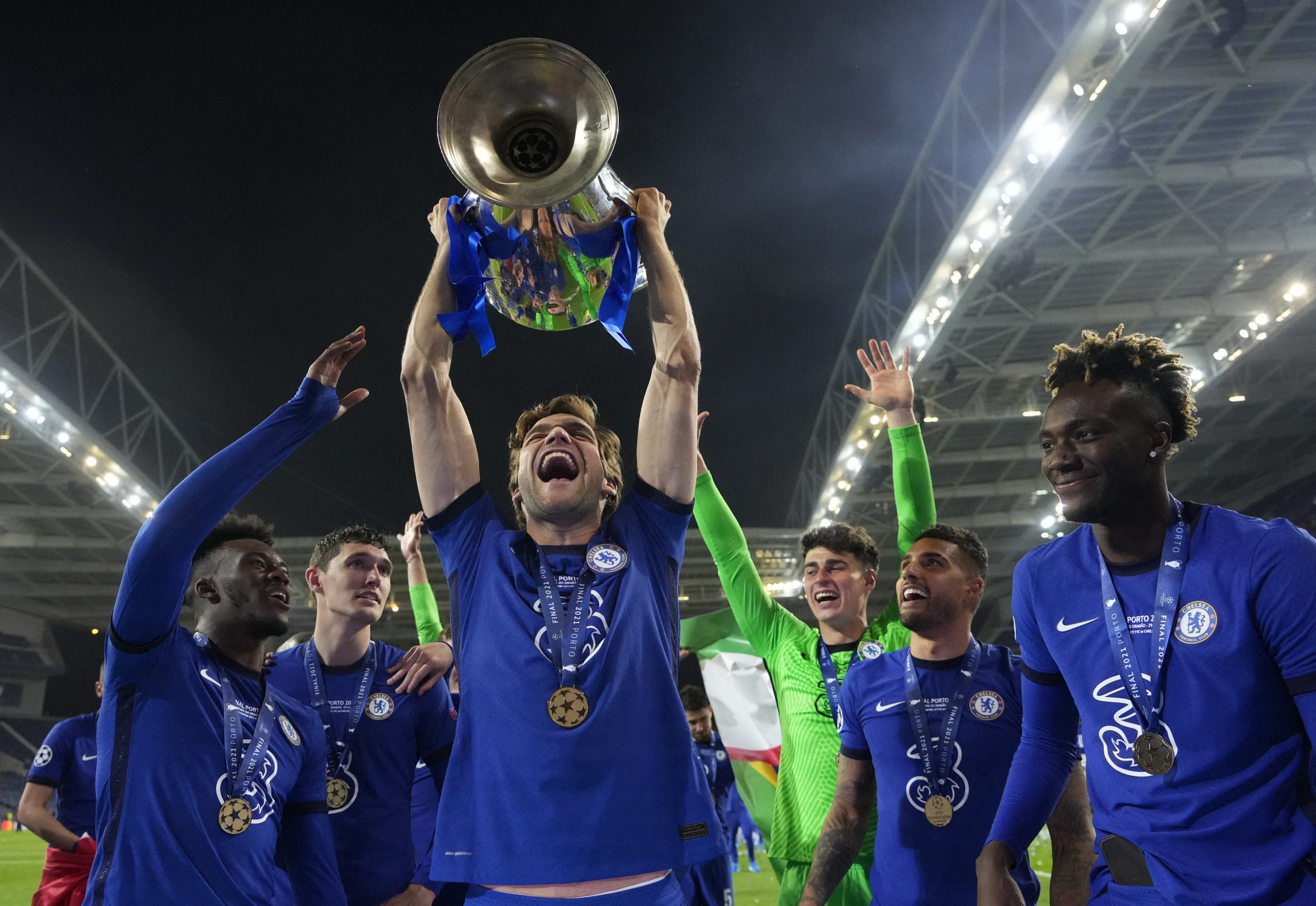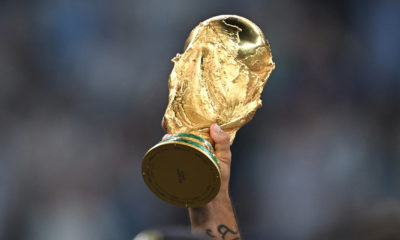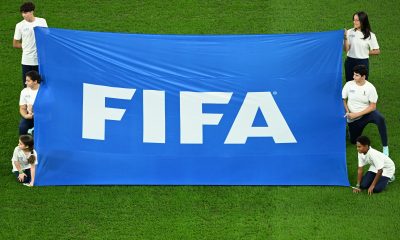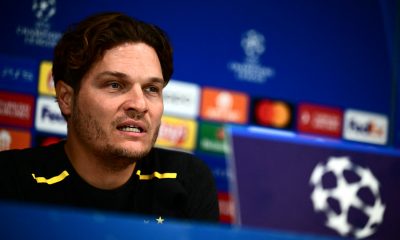
What unites us in Europe? In the current crisis, in which the world is changing from a rule-based to a power-based order, Europe is moving closer together and remembering its most important principle: rules and laws application. This has been agreed in Porto and Helsinki, Bruges and Athens, Warsaw, Prague and Ljubljana.
Football is a mosaic of social life. It contributes to negotiating and communicating values. Whether it finds acceptance and whether Western society identifies with it depends on whether its competitions are fair and subject to good rules, i.e. whether many are allowed to participate with a chance of success.
This works surprisingly well in the national teams, measured by the fact that the size of the countries is a decisive factor for them and no one in Europe wants to change anything about the sovereignty of their borders. There have been ten different winners in 16 European Championship tournaments.
The problem lies in club football. A lot of money flows into it, from which some leagues and teams profit disproportionately. This creates national monopolies. And in the Champions League, whole regions of Europe are left behind.
It is now up to the competition authorities.
“People go to football because they don’t know the result,” Sepp Herberger, the German World Cup coach of 1954, once said.
This is no longer true in Germany, but the situation is similar in France. The two metropolises of Munich and Paris have developed into monopolies.
With FC Bayern Munich aiming for its tenth championship in a row, people in Germany are discussing play-offs. The title would then depend on a few games at the end of the season.
This is how the Bundesliga is supposed to become exciting again.
But play-offs cannot be the solution. They would only fight the symptoms, not the cause. Changing the mode does not replace the question: How do you organise competition so that football is fun and many are involved in it?
The greatest density of competition is in the English Premier League, where almost all clubs are in the hands of very rich owners.
However, no attention has been paid to who is allowed to finance football as a national asset.
Roman Abramovich, the owner of Chelsea, has now been sanctioned. And the debate on how to regulate who is allowed to invest under which conditions in the future is being conducted very intensively in England.
In Europe, universal human rights must be fundamental in this question.
International competition needs innovation, it needs to be reinvented regularly.
The Champions League is attractive, the finals are watched by more than 100 million people worldwide.
But the winners of the past 11 years have come from three countries. In this century, no club from Scandinavia, the Balkans, East Central Europe or Eastern Europe has even reached the semi-finals. The last one was Dynamo Kiev in 1999.
Does Europe’s football consist only of England, Spain, Germany, Italy and France? What about the other nations? Do they have to be happy to play in the preliminary round?
Benfica, for example, European Cup winners in 1961 and 1962, has a large stadium, many members, a rich tradition.
The city exerts its charisma all the way to South America. Benfica is now in the quarter-finals, but because the Portuguese league is too small, it is very difficult for the club to compete in the Champions League. The same can be said about Ajax Amsterdam.
Prague, Warsaw, Budapest and Copenhagen are also only allowed to watch as soon as the decisive phase begins. Yet these great cities would be interesting for investors who could create the framework conditions for success.
The record used to look different. The last ten winners of the European Cup of Nations, as the Champions League was called before its introduction in 1992, came from eight countries, including Romania, Portugal, Holland and Yugoslavia.
This diversity has generated enthusiasm, made football socially relevant and made the Champions League possible.
Europe must find intelligent solutions at the negotiating table – cooperative, willing to compromise, taking different interests into account.
This includes shaping a league that offers many a chance to succeed, both sportingly and economically.
It is not an easy task, but it is an interesting one. UEFA and all national associations have a responsibility here, including those who finance the sport.
When, if not now, is the time for reform? The desire for change and the sense of solidarity are great at the moment.
The experience with the planned Super League last year shows that if the institutions do nothing, the matter could eventually be taken out of their hands.
But if a few top clubs then set the conditions, the most lucrative model of a European League will prevail, not the most culturally interesting.
Europe has great appeal in the world because it adheres to its democratic order and stands for freedom and equality.
This also applies to its sporting competitions, as long as they offer participation and equal opportunities.
These are values that are constantly being rebalanced in an alliance of equal nations. The West is strengthening its cohesion in these days and weeks.
And football must make its contribution.
Note: Philipp Lahm was speaking to Oliver Fritsch, of Zeit Online.

World Cup News
-
Football
/ 4 weeks agoSon scores but Thailand hold South Korea in World Cup qualifier
Son Heung-min scored but South Korea were held 1-1 at home by Thailand in...
By AFP -
Football
/ 1 month agoJapan-N. Korea World Cup game to stay in Pyongyang, JFA says
Japan’s World Cup qualifier against North Korea will be played in Pyongyang as planned...
By AFP -
Football
/ 1 month agoGerman ex-FA bosses on trial over World Cup tax evasion
Three German ex-top football officials went on trial on Monday in a 13.7-million-euro ($14.8...
By AFP -
Football
/ 1 month agoSaudi Arabia formally launches bid for 2034 World Cup
Saudi Arabia formally launched its bid to host the 2034 World Cup on Friday,...
By AFP

English Premier League
Watch: ‘Shame’ of penalty pantomine overshadows big Chelsea win for Pochettino

English Premier League
Palmer scores four as improving Chelsea hit Everton for six

Winter Olympics
Watch: Geisenberger wins sixth Olympic medal to tie luge record


































